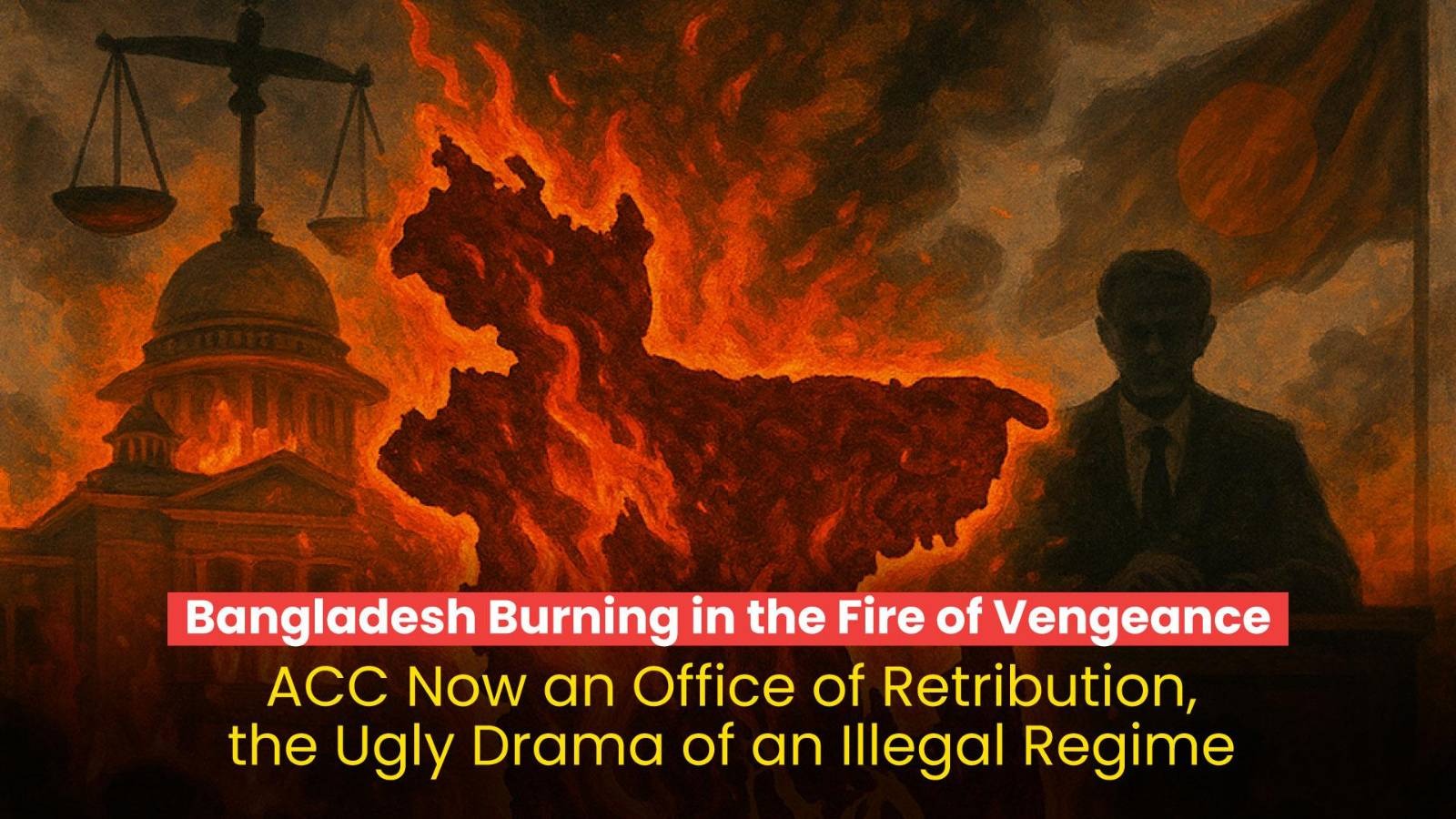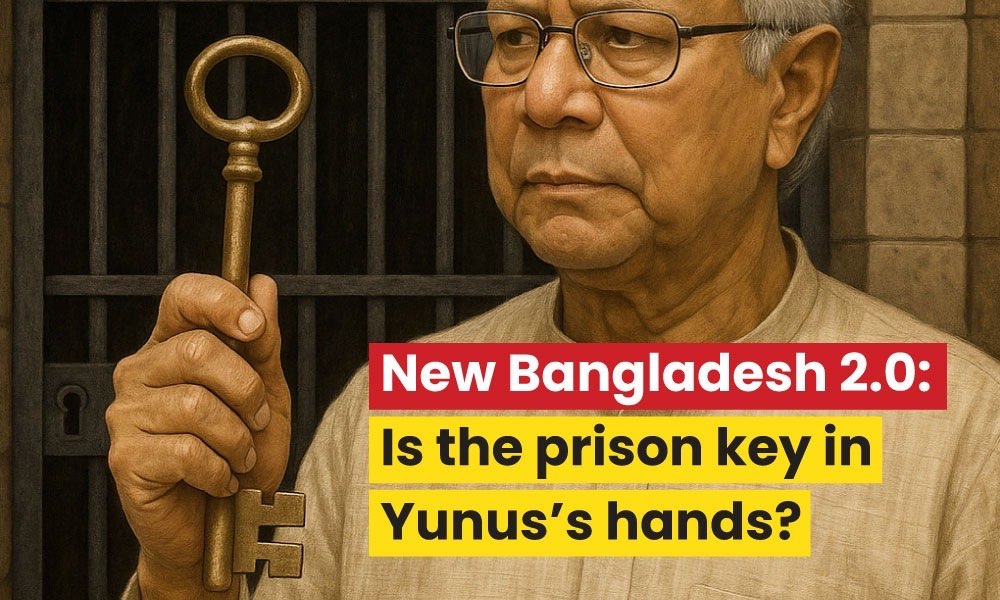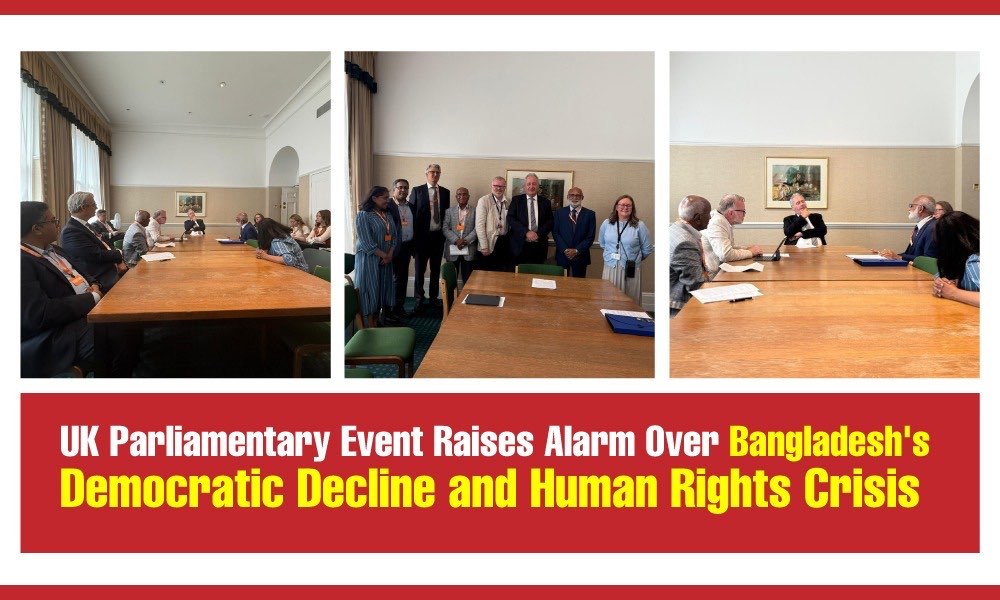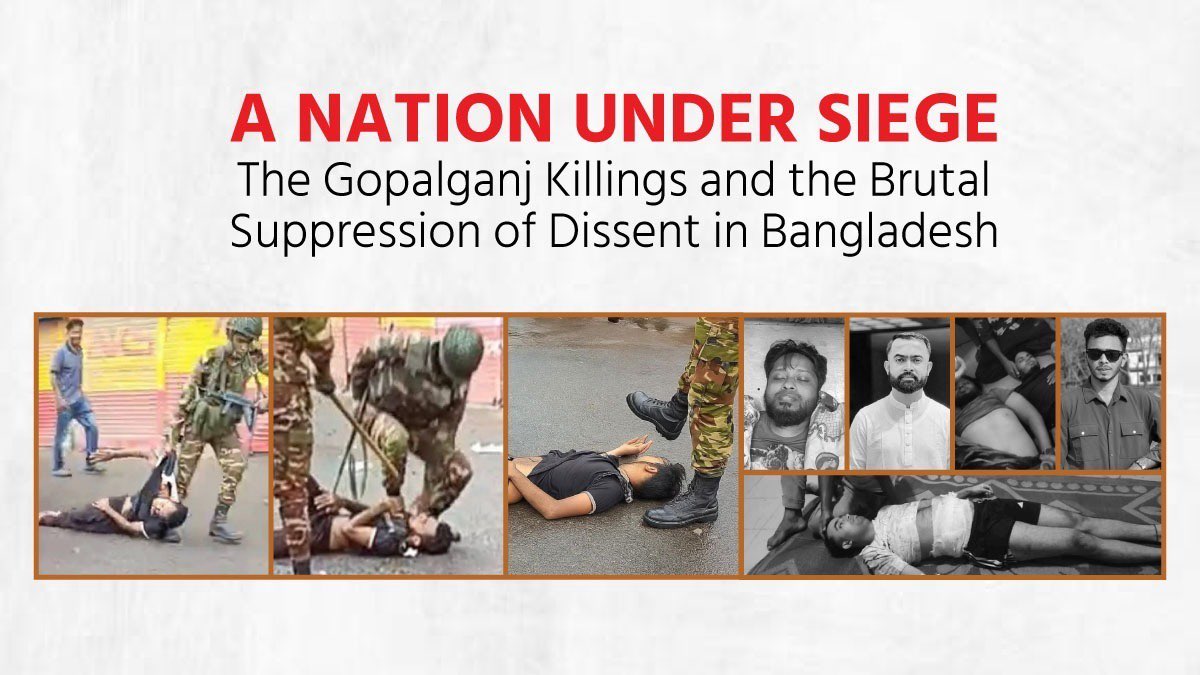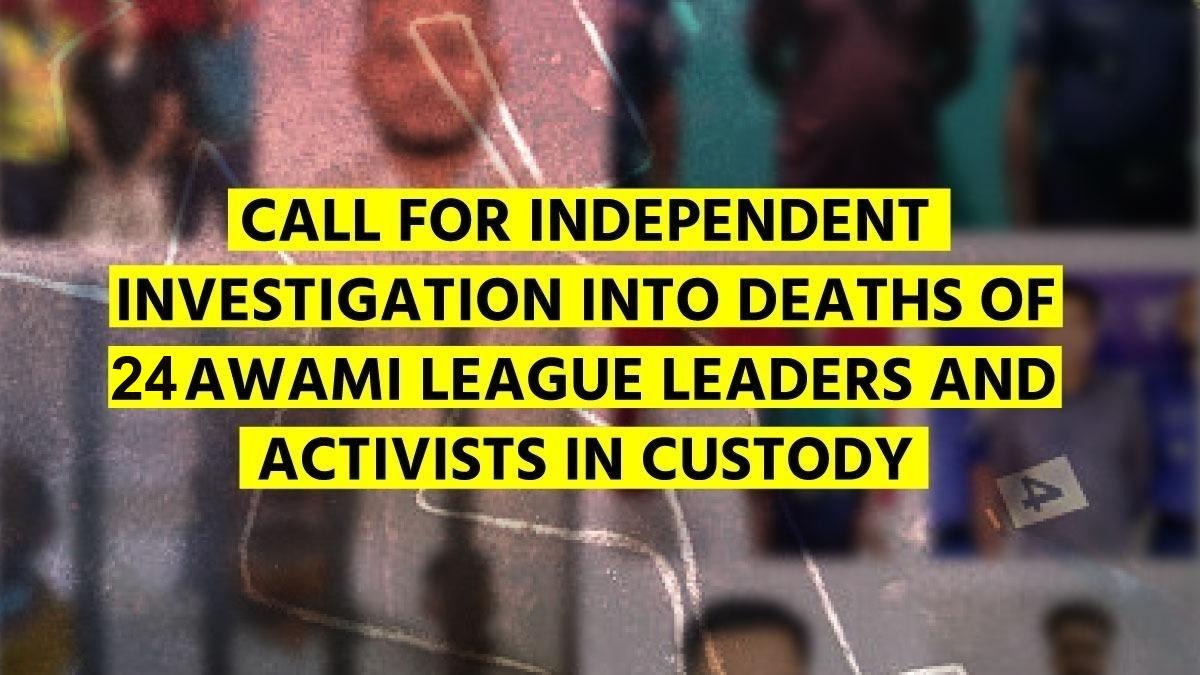9117
Published on March 15, 2021It was a wartime period across the world. People in different parts of the world were struggling for freedom. The Communist people were revolting on one side, on the other side separatist groups were fighting in different countries. But the movement for freedom of the Bangali nation was quite different from those as we followed the democratic paths to achieve our freedom. Our Liberation War was directly led and supported by the people’s representatives who won the majority in the only general elections of Pakistan in 1970. Our war was the ultimate result of the long struggle for freedom of the country’s largest population, the Bengali people.
Visionary leader Sheikh Mujibur Rahman led the language movement towards the autonomy of the nation. Preparing the nation for autonomy, he framed the historic six-point charter, which was the long-cherish demands for the Bangali nation. The leader of the nation was heading towards his target facing many conspiracy charges, torture and jail. But nothing could stop him from winning a vast majority in the election. And from the beginning of 1971, he started a democratic movement strongly. He was fully controlling the country and preparing the seven crores of Bengali for an armed revolution since March. But when the Pakistani military attacked the ordinary people at the midnight on March 25, Bangabandhu declared independence formally. Finally, we defeated them and appeared as a brave nation in the world.
The formal declaration of independence
A tensed situation prevailed in the city since the evening of March 25 after Pakistani autocratic ruler Yahya Khan left Dhaka maintaining high secrecy. Journalist Anthony Mascarenhas wrote about the situation in details in his book. He wrote that a rickshaw puller hurriedly stopped in front of the Dhanmondi 32 residence of Sheikh Mujib. He came from the cantonment area for delivering an emergency message. He said to Bangabandhu, “A crackdown is coming at your place tonight.”
As more and more information was piling up about the activities of Pakistani soldiers, Bangabandhu asked his colleagues and party leaders to go to a safe shelter. Leaders of the Awami League and Chhatra League also requested him to find a safer place, but Bangabandhu did not. He said: “I won’t go anywhere. If I go into hiding, the situation of Dhaka will worsen. They will search for me everywhere and carry out attacks and damage everything leaving many people dead.” Bangabandhu was right in his fear. Butcher Tikka Khan, the Pakistani lieutenant general, in his interview later confessed that they would run havoc in every house in Dhaka city if they did not find Bangabandhu on that night.
This timely and brave decision made the differences between Bangabandhu and others in terms of leadership. He knew that he should not go in hiding as the leader with the people’s mandate. He was certain that he had delivered everything that required to make people prepared for an ensuing war. In the meantime, he came to know that EPR has been disarmed and Rajarbag Police Lines was a target for Pakistani soldiers. For strategical reasons, Bangabandhu was waiting to declare independence and call for war till then so that the Pakistanis could have no chance to brand the Bangali nation as separatists. But when news about the Pakistani attack blew, he did not waste a second – the historic moment came – the leader and father of the nation declared Bangladesh as an independent state formally and called upon people to resist Pakistani military attacks in every means. In the early hours of March 26, Bangabandhu announced independence in his voice through a special frequency of wireless. The announcement spread out everywhere in the country and abroad. This finally fulfilled the dream of seven crore Bangali people who were getting ready throughout March by the instruction of Bangabandhu. The international community got stunned by the announcement and there was no chance left for the Pakistani junta to criticize Bangabandhu and Bangali nation over the attacks and resistances.
Declaration of Independence in the wee hours of March 26
Father of the Nation Bangabandhu Sheikh Mujibur Rahman declared Bangladesh as an independent state after the Pakistani junta started the crackdown on the night of March 25. The Bengali version of the declaration was included in the sixth chapter of the Constitution. The declaration reads:
“THIS MAY BE MY LAST MESSAGE, FROM TODAY BANGLADESH IS INDEPENDENT. I CALL UPON THE PEOPLE OF BANGLADESH WHEREVER YOU MIGHT BE AND WITH WHATEVER YOU HAVE, TO RESIST THE ARMY OF OCCUPATION TO THE LAST. YOUR FIGHT MUST GO ON UNTIL THE LAST SOLDIER OF THE PAKISTAN OCCUPATION ARMY IS EXPELLED FROM THE SOIL OF BANGLADESH AND FINAL VICTORY IS ACHIEVED.” - Sheikh Mujibur Rahman (March 26, 1971)
Subadar Major Shawkat Ali, a Bangali senior staff of Peelkhana signal core tried to transmit the declaration, but he was nabbed by Pakistani force while sending the news of the declaration of independence through wireless around 12:30 am. But there were some alternatives too. Barrister Amirul Islam in his article titled ‘Ekatturer March: Jeno Ek Ananta Jatra (March, 71: Like an Endless Journey’ wrote that engineer AKM Nurul Haque brought an abandoned transmitter to Dhaka from Khulna on Bangabandhu’s instruction. There was no paper and documentation of the transmitter in the registry file. Engineer Nurul Haque activated the transmitter to make it ready, but he did not know what to do with it and when. On March 25, Nurul Haque called Bangabandhu, but Bangabandhu’s honorary assistant Haji Golam Morshed picked the telephone call. Engineer Nurul Haque said from the other side: “Please convey to Bangabandhu that message has been delivered, now what to do with the machine?” Bangabandhu was sitting nearby and asked Golam Morshed: “Tell him [Nurul Haque] to flee after destroying the machine’’.
Britain’s The Daily Telegraph correspondent David Loshak, who was in Dhaka then, said that the sound of the English announcement was very low. ‘Perhaps it was pre-recorded’, he wrote. The then British Prime Minister Edward Heath stated, “On March 26, 1971, Sheikh Mujibur Rahman declared the independence. European leaders thought whether Sheikh Mujib remains alive or not, they [Pakistani military forces] cannot defeat the Bangali nation at all.’’
Declaration of independence in the eyes of Pakistani soldiers
On March 6, 1971, autocratic ruler General Yahya Khan gave Lieutenant General Tikka Khan the charge of Governor of the then East Pakistan. Tikka Khan, infamous as the butcher of the Baluchistan in 1970, arrived in Dhaka the next day as the new governor and military chief of East Pakistan. He became chief of Pakistan after 1971, and then governor of Punjab. During a SAARC summit then, he faced questions from journalists about the genocide of March 25 of 1971. Tikka Khan, who was at his Punjab government office, admitted the crackdown saying he heard the declaration of independence by Bangabandhu on that night.
Regarding the declaration, Tikka Khan said: “My coordination officer rushed to me with a three-band radio and said - ‘Sir, listen! Sheikh Saheb has announced the independence’. I heard the declaration from a special frequency of my radio. I knew the voice of Sheikh Saheb, so there was no other option than arresting him.”
But what would Pakistan do if Sheikh Mujibur Rahman went on hiding? About such a question, Tikka Khan said: “I knew it well that a leader like Sheikh Mujib will not leave his people. I would conduct a massive search drive in every corner in Dhaka to find him out. I had no intention to arrest other leaders, so they made their way to a safer place outside Dhaka.”
Tikka Khan said that even after the Liberation War began, some Bangladeshi people collaborated with the Pakistani military. In the interview, he said: “Even many politicians of Bangladeshi were with us... Golam Azam among others also does not feel that we were wrong.”
It should be mentioned that Tikka Khan as the governor and army chief of East Pakistan carried out the genocide in name of ‘Operation Search Light’ on the Bengali people. Later lieutenant-general Amir Abdullah Khan Niazi alias AAK Niazi became the chief of the East Pakistan army from the second week of April. Niazi and his advisor Rao Forman Ali Khan were staying in Dhaka from earlier.
Siddiq Salik, the press secretary of AK Niazi, also said that Bangabandhu declared independence with a special frequency of wireless immediately after the Pakistan occupational force started the crackdown on the Bengali people.
In his title ‘Witness to Surrender', Siddiq Salik, also the public relation officer of the Pakistan military for the whole period, described barbaric attacks on Bangali nation on March 25 of 1971, declaration of independence by Bangabandhu, the surrender of the Pakistani occupation force, and other incidents from occupation forces.
About that night Siddiq Salik wrote, ‘When the first shot had been fired, the voice of Sheikh Mujibur Rahman came faintly through on a wavelength close to that of the official Pakistan radio. In what must have been, and sounded like, a prerecorded message, the sheikh proclaimed East Pakistan to be the Peoples Republic of Bangladesh.’
Bangabandhu’s declaration in international media on March 26, 27
The New York Times (March 27, 1971): The Pakistan radio announced today that Sheikh Mujibur Rahman, the nationalist leader of East Pakistan, had been arrested only hours after he had proclaimed his region independent and after the open rebellion was reported in several cities in the East... The 51-years-old leader of the Awami League, the dominant party in the East, was arrested as the West Pakistan-dominated army sought to reassert control in the East.
The Daily Times (March 27, 1971): Sheikh Mujibur Rahman, the Acknowledged leader of Bengali nationalism responded heroically to the Pakistan Army's Intervention with a call for resistance and Declaration of Independence. There is good evidence that most members of the Bengali regiments will accept his orders. Shortly before his arrest, Mujib had issued a proclamation to his people, which informed them: You are citizens of a free country. Today West Pakistan's military is engaged in genocide in Bangladesh. Our struggle is most rewarding, certain is victory. Allah is with us. The world public opinion is with us. Joy Bangla victory of Bengal.
The Financial Times (March 27, 1971): Civil war after East Pakistan declares independence.
The Press Trust of India (March 26, 1971): Sheikh Mujibur Rahman tonight proclaimed East Pakistan the Sovereign independent people's Republic of Bangladesh, according to a clandestine radio report monitored near East Pakistan.
The Guardian (March 27, 1971): Shortly before his arrest, Mujib had issued a proclamation to his people, which informed them: you are citizens of a free country.
The Statesman (March 27, 1971): Bangladesh declares freedom: Rahman's step follow's Army crackdown.
BBC and NDP (March 26, 1971 – 9:07 pm bulletin): Both British media BBC, NDP and PTI broadcast the news of the declaration of independence by Bangabandhu at 9:07 pm on March 26.
United News of India (8:21 pm on March 26): United News of India reported: Sheikh Mujibur declared independence from Shwadin Bangla Betar Kendra.
US Secret Report
US documents (Defence Intelligence Agency (DIA), about March 25 in 1971 said (Article 1 of 43rd spot report): Pakistan was thrust into civil war today when Sk. Mujibur Rahman proclaimed the East wing of the two-part country to be ‘The sovereign independent People’s Republic of Bangladesh.
Broadcast of the declaration of independence in wireless
Md. Abdul Qader, an engineer at Salempur Wireless Station in Chattagram said: In the morning of 26 March Mr Mejbah had received a message of Bangabandhu’s declaration of independence. I hurriedly wrote down the message. Mr Mejbah Uddin also informed me that he was able to send the message instantly to the service channel and maritime mobile of the VHF network at the wireless station. Then the message was sent to different parts of the world through foreign ships like MV Salvista, MV Mini La Tria and MVVV Giri which were staying at Chhattagram port.
Later, Bangabandhu’s declaration of independence was read out by different voices
After the declaration by Bangabandhu was broadcast, Awami League leaders and activists copied it and distributed it as leaflets soon in different regions. People working at the Shwadin Bangla Betar Kendra also readout the declaration for several days. Belal Mohammad, one of the organisers of Shwadin Bangla Betar Kendra, said: “Many of us, including M A Hannan, readout Bangabandhu’s declaration paper obtained from Doctor Anwar Ali. Major Zia also read it out after many of us, and of course on behalf of Bangabandhu.”
